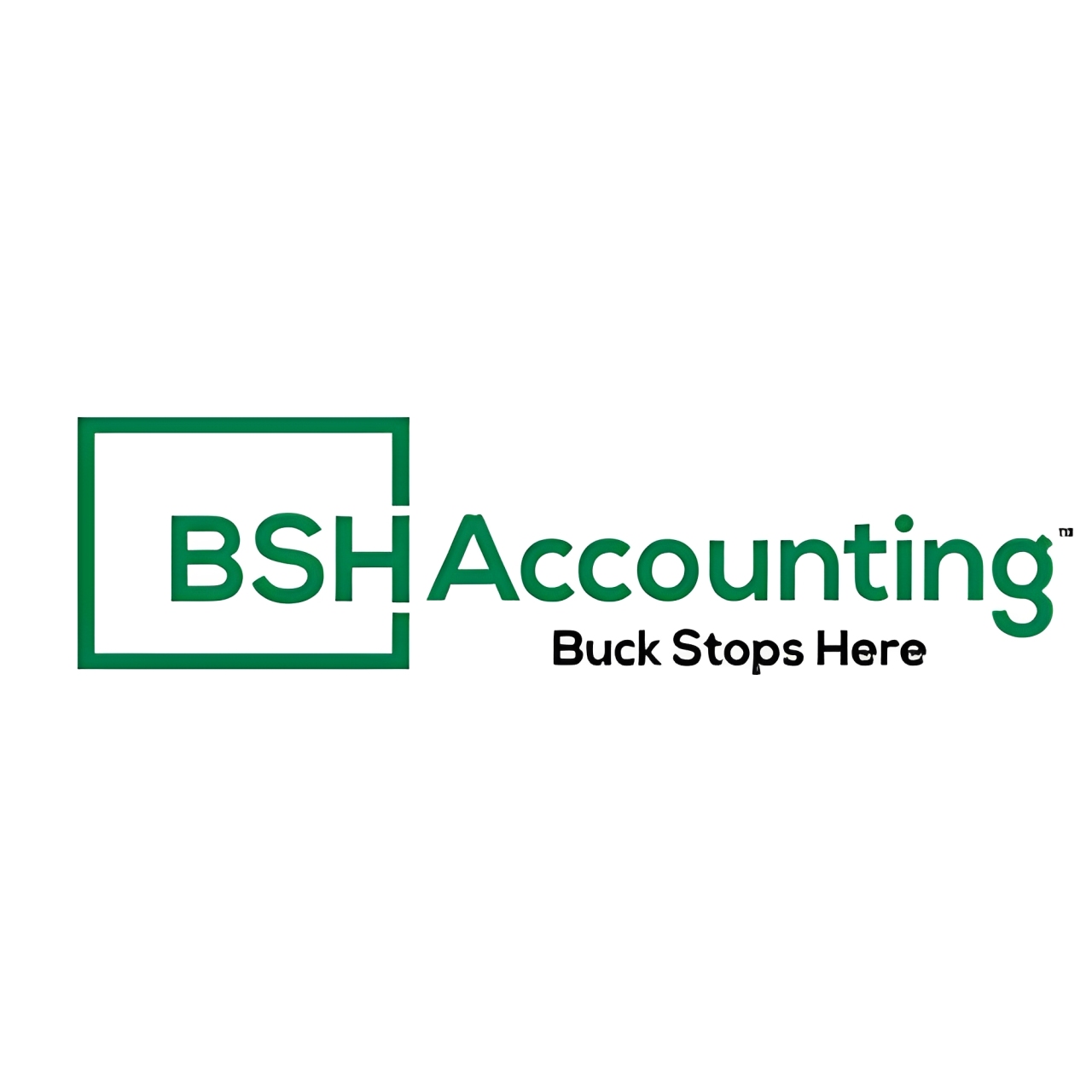 Brand Mentions + PR – Rank Higher. Get Talked About!
Brand Mentions + PR – Rank Higher. Get Talked About!
The Role of Technology in Modern Tax Accounting
Written by BSHaccounting » Updated on: June 17th, 2025

The world of tax accounting has undergone a significant transformation, thanks to the rapid advancements in technology. Traditional methods of managing taxes, which often involved manual calculations, piles of paperwork, and time-consuming processes, have been replaced by innovative digital tools and solutions. These technologies are not only streamlining operations but also ensuring greater accuracy, efficiency, and compliance in tax accounting practices.

One of the most significant contributions of technology to tax accounting is automation. Tax software has revolutionized how individuals and businesses prepare and file their taxes. With features such as automatic data entry, real-time calculations, and error detection, these tools minimize human error and save time. Programs like QuickBooks, Xero, and TurboTax have made tax preparation accessible even to those without extensive accounting knowledge. For businesses, enterprise-level solutions like SAP and Oracle Tax Reporting Cloud ensure seamless integration of tax data with other financial systems.
Another notable advancement is the use of artificial intelligence (AI) and machine learning (ML). These technologies enable accountants to analyze vast amounts of financial data quickly and identify patterns or anomalies that may indicate potential issues. AI-powered tools can also provide predictive insights, helping businesses plan for future tax obligations or identify opportunities for tax savings. For instance, AI can automatically classify transactions, flag discrepancies, or suggest applicable tax deductions, significantly reducing the workload for accountants.
Cloud computing has also played a transformative role in modern tax accounting. Cloud-based platforms allow businesses and accounting professionals to access tax data and software from anywhere, fostering collaboration and flexibility. These platforms offer real-time updates, ensuring that users always work with the latest tax regulations and compliance requirements. Moreover, cloud storage provides a secure way to archive tax records, reducing the risk of data loss and enhancing accessibility during audits or reviews.
Data analytics is another game-changer in the field. Advanced analytics tools can help businesses make informed decisions by providing a comprehensive view of their tax obligations. By analyzing trends and historical data, these tools enable organizations to identify inefficiencies, optimize tax strategies, and forecast future liabilities. Tax analytics not only enhances decision-making but also supports proactive compliance with ever-changing tax laws.
Blockchain technology, though still emerging, has shown great potential in tax accounting. Its decentralized and immutable nature can help prevent fraud, ensure transparency, and improve the accuracy of financial records. Governments and tax authorities are beginning to explore blockchain for secure and efficient tax reporting systems, paving the way for a more transparent tax ecosystem.
Technology has revolutionized modern tax accounting, making it more efficient, accurate, and secure. From automation and AI to cloud computing and blockchain, these advancements are empowering accountants and businesses to navigate the complexities of taxation with greater ease. As the industry continues to evolve, leveraging these technologies will be essential for staying competitive and compliant. For expert guidance on modern tax accounting solutions, consider partnering with BSH Accounting, a trusted name in the field.
Note: IndiBlogHub features both user-submitted and editorial content. We do not verify third-party contributions. Read our Disclaimer and Privacy Policyfor details.
Copyright © 2019-2025 IndiBlogHub.com. All rights reserved. Hosted on DigitalOcean for fast, reliable performance.







